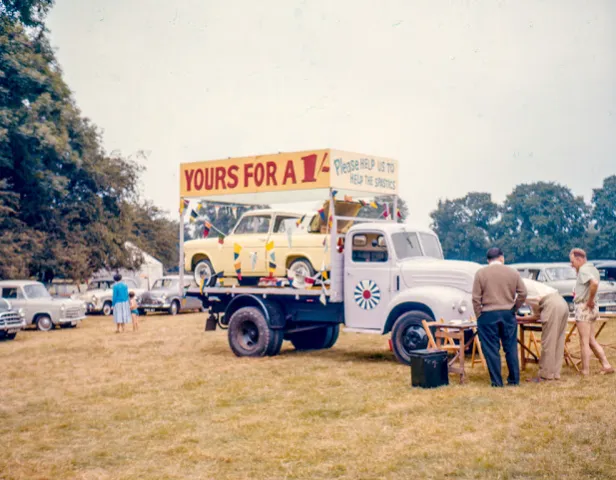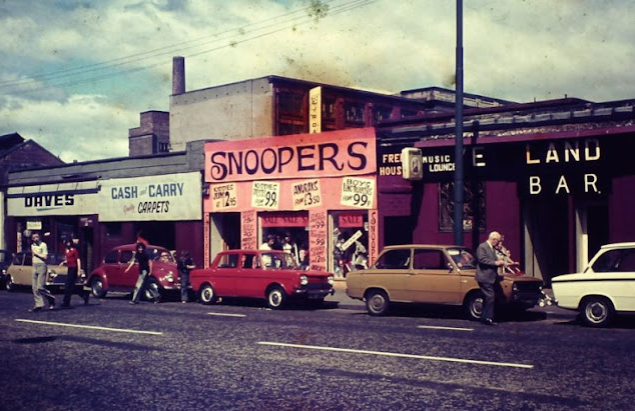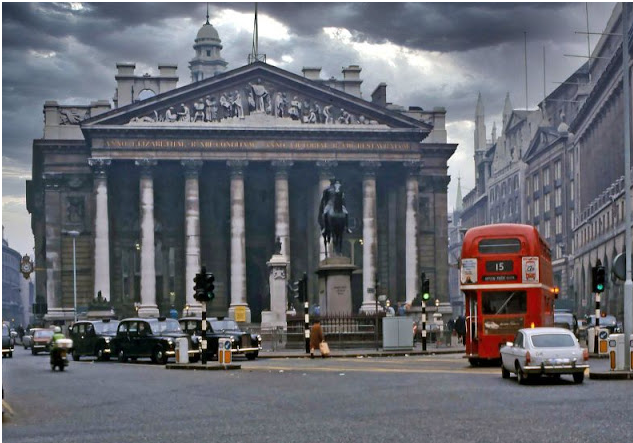There is no dispute, Carnaby has an iconic heritage. From being the birthplace of Swinging London in the 1960s, the home of Mods, Skinheads, Punks and New Romantics to the street style tribes of today. Carnaby has and always will be the epicentre of culture and lifestyle in London’s West End.
For years Carnaby was the place to be if you were a creative in search of inspiration. Carnaby earned its credentials during the 1960s with vibrant clashes of colour, new cultures, exciting new music and a rebellious identity, there was nowhere else like it in London. Music stars including Jimi Hendrix, The Beatles, The Rolling Stones, The Kinks and style icons Brigitte Bardot and Elizabeth Taylor were all Carnaby Street regulars.
Time magazine first described London as the ‘swinging city’ on 15 April 1966.
To promote the opening of new boutique ‘Tom Cat’, owner Irvine Sellar asked Tom Jones to walk down Carnaby Street with ‘Casino Royale’ actress Christine Spooner and a cheetah in 1966. Henry Moss opened womenswear boutique Lady Jane at 29 Carnaby Street with girls changing in the shop windows, which resulted in Mr Moss being arrested for obstructing the highway due to the crowds it drew.
In 1973, Carnaby Street was pedestrianized and the iconic ‘Carnaby Street welcomes the World’ sign was installed.
Punk emerged taking Carnaby by storm with The Sex Pistols pictured on the street in 1976, now one of music’s most iconic photographs of the time, photographed by Ray Stevenson. The Jam released ‘Carnaby Street’ a B-side to ‘All Around The World’ in 1977.

Carnaby Street From Between the Late 1960s and Early 1970s

Carnaby Street From Between the Late 1960s and Early 1970s

Carnaby Street From Between the Late 1960s and Early 1970s

Carnaby Street From Between the Late 1960s and Early 1970s

Carnaby Street From Between the Late 1960s and Early 1970s

Carnaby Street From Between the Late 1960s and Early 1970s

Carnaby Street From Between the Late 1960s and Early 1970s

Carnaby Street From Between the Late 1960s and Early 1970s

Carnaby Street From Between the Late 1960s and Early 1970s

Carnaby Street From Between the Late 1960s and Early 1970s

Carnaby Street From Between the Late 1960s and Early 1970s

Carnaby Street From Between the Late 1960s and Early 1970s

Carnaby Street From Between the Late 1960s and Early 1970s

Carnaby Street From Between the Late 1960s and Early 1970s

Carnaby Street From Between the Late 1960s and Early 1970s

Carnaby Street From Between the Late 1960s and Early 1970s

Carnaby Street From Between the Late 1960s and Early 1970s

Carnaby Street From Between the Late 1960s and Early 1970s

Carnaby Street From Between the Late 1960s and Early 1970s

Carnaby Street From Between the Late 1960s and Early 1970s

Carnaby Street From Between the Late 1960s and Early 1970s

Carnaby Street From Between the Late 1960s and Early 1970s

Carnaby Street From Between the Late 1960s and Early 1970s

Carnaby Street From Between the Late 1960s and Early 1970s

Carnaby Street From Between the Late 1960s and Early 1970s

Carnaby Street From Between the Late 1960s and Early 1970s

Carnaby Street From Between the Late 1960s and Early 1970s




